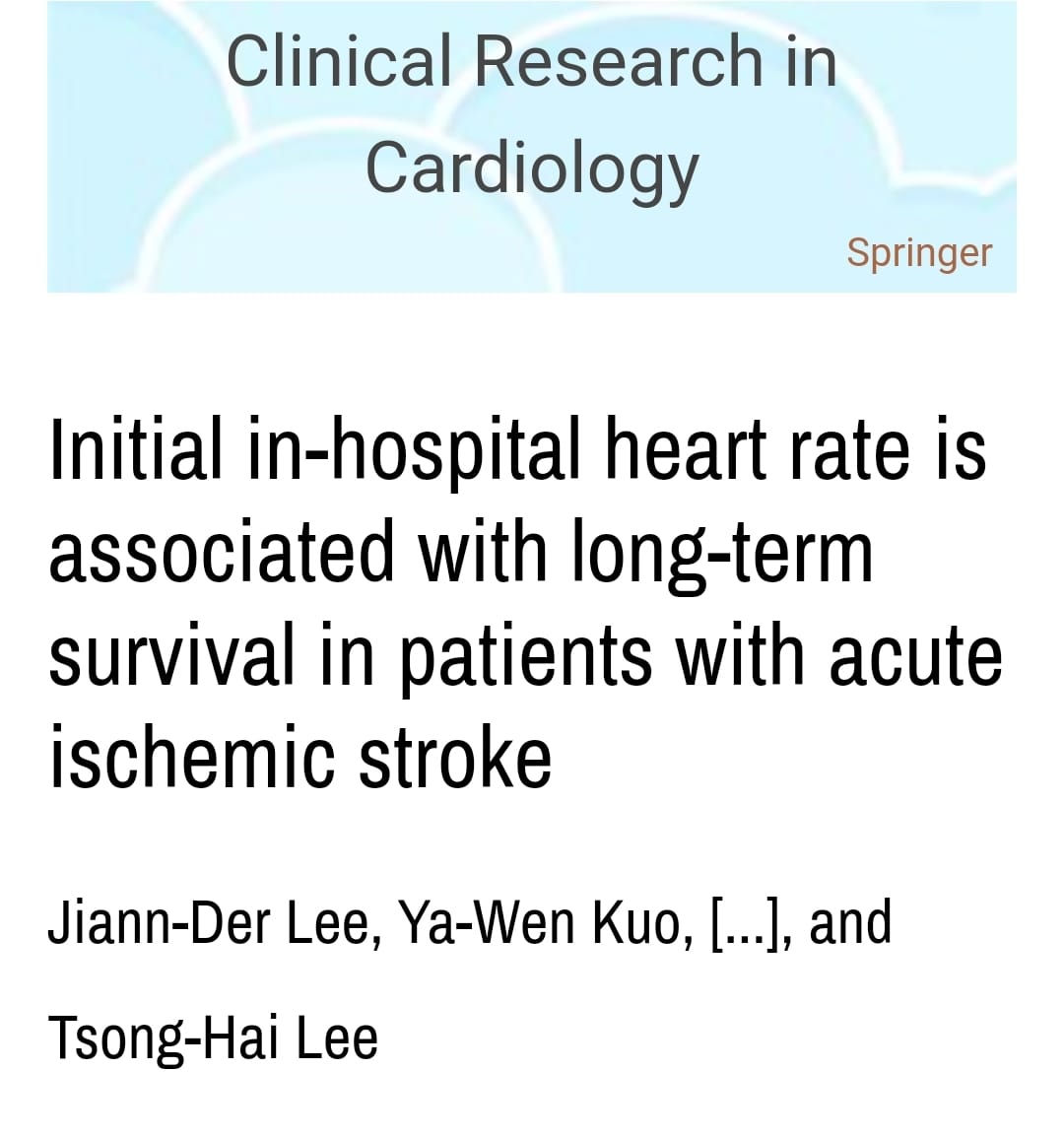
Clinical Case for junior #doctors and residents
17-year old girl, 1 year history of imbalance while walking, sways to either side. Tendency to fall while washing her face. Hearing impairment for 6 months. No positive family history
Diet: Pure #vegetarian
#MedTwitter #neurotwitter
17-year old girl, 1 year history of imbalance while walking, sways to either side. Tendency to fall while washing her face. Hearing impairment for 6 months. No positive family history
Diet: Pure #vegetarian
#MedTwitter #neurotwitter

Patient was asked to do tandem gait
Patient was asked to stand with feet close together and eyes closed.
What are the signs shown? Differential diagnosis? Tests needed to confirm diagnosis? Treatment plan?
What are the signs shown? Differential diagnosis? Tests needed to confirm diagnosis? Treatment plan?
Thank you everyone for answering, most of the answers are correct and accurate. MRI Brain was normal. MRI Spine showed classical features of SACD. NCS showed sensori-motor axonal neuropathy. Vitamin B12 level was very low (40 pg/ml). I started her on vitamin B12 injections.
Hearing loss may occur in B12 deficiency, slightly more commonly in children and elderly. Considered Friedreich ataxia, but the clinical/imaging features were more in favor of SACD due to B12 deficiency. Patient showed clinical improvement with B12 therapy.
• • •
Missing some Tweet in this thread? You can try to
force a refresh







